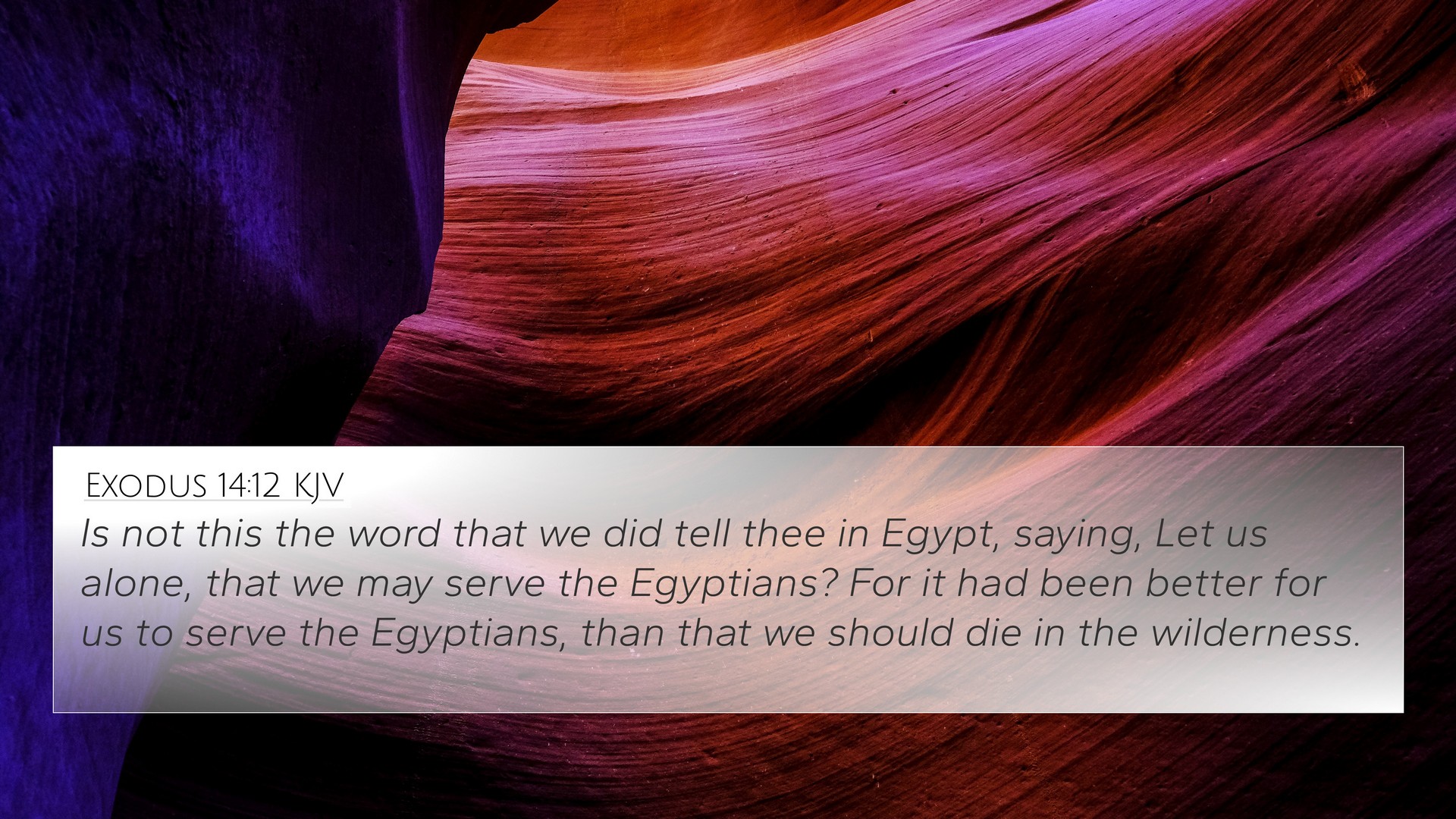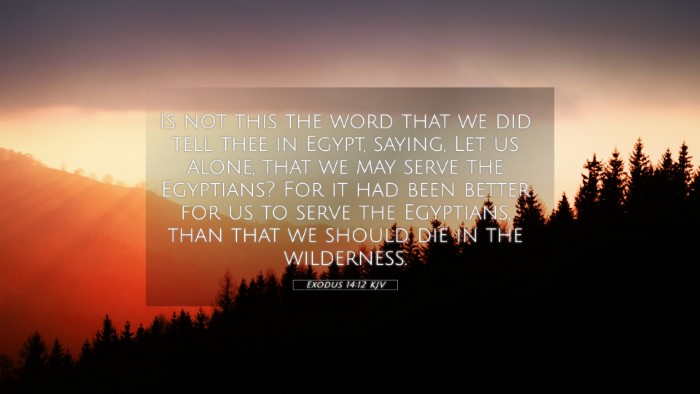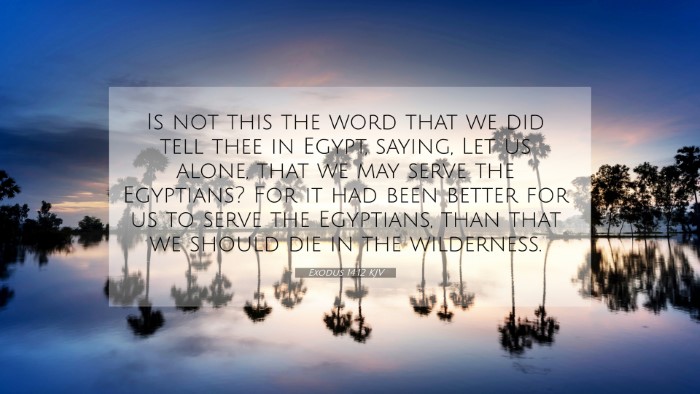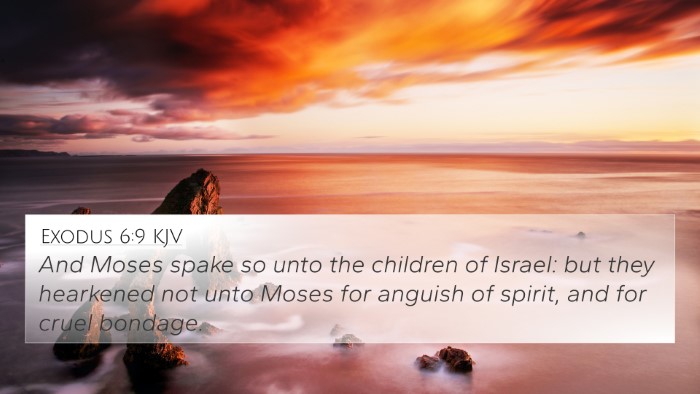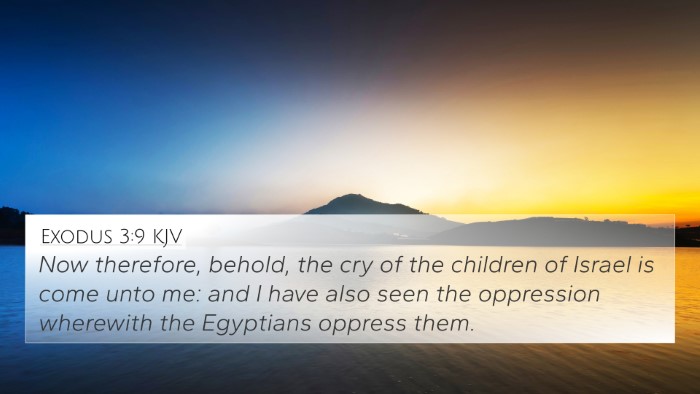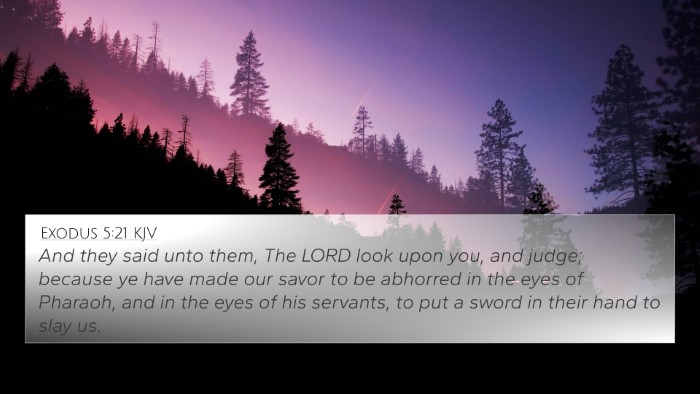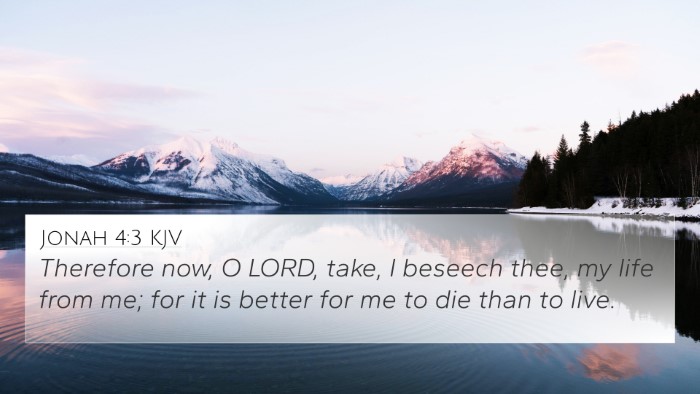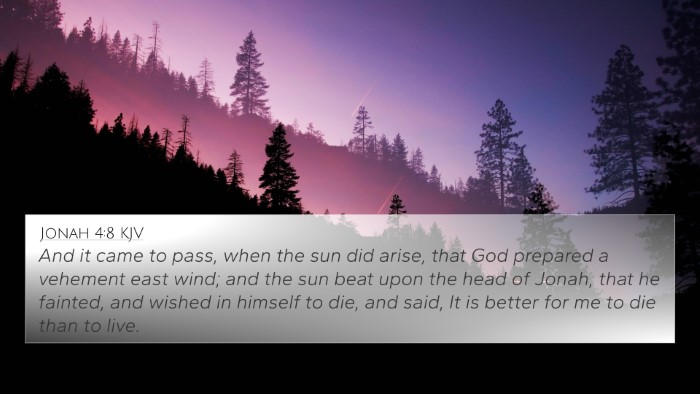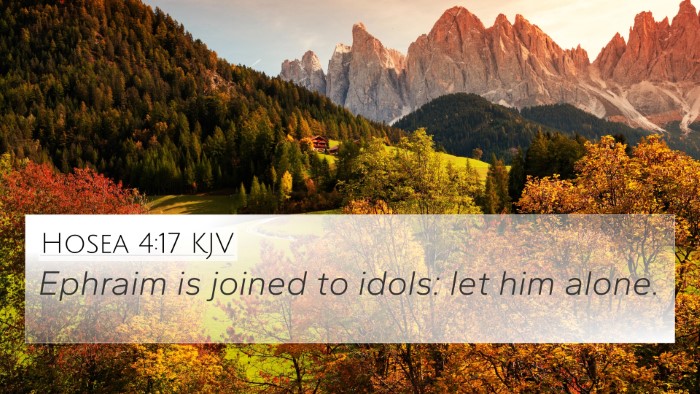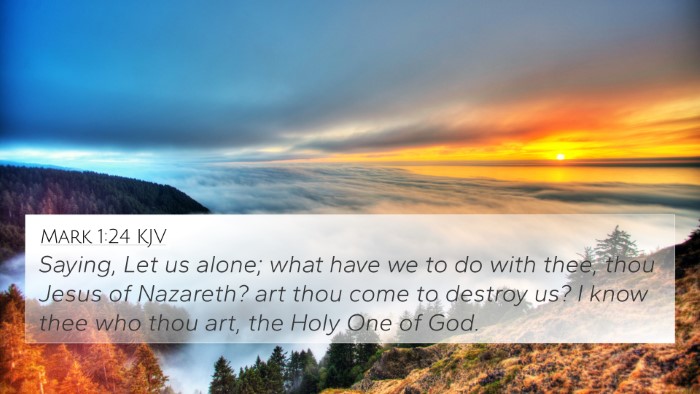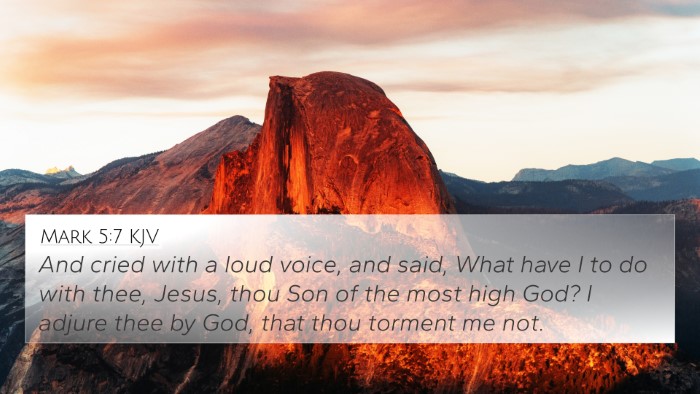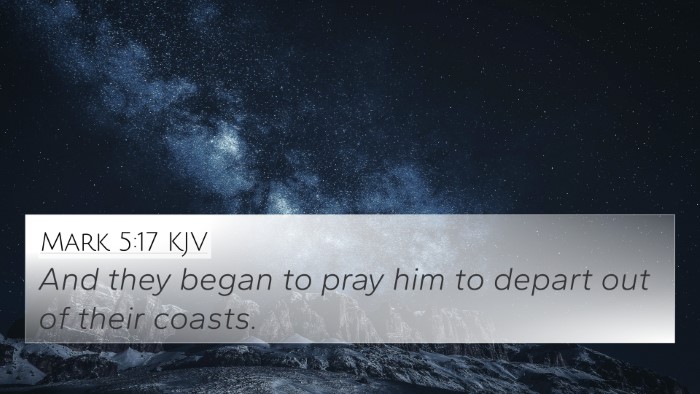Understanding Exodus 14:12
Exodus 14:12 presents a critical moment during the Israelites' escape from Egypt, where they express doubt and fear in the face of imminent danger. The verse states:
"Is not this the word that we did tell thee in Egypt, saying, Let us alone, that we may serve the Egyptians? For it had been better for us to serve the Egyptians, than that we should die in the wilderness."
Summary of Meaning
This verse encapsulates the tension and despair felt by the Israelites amidst their liberation from slavery. They question Moses' leadership and lament their former bondage when faced with the formidable challenge of crossing the Red Sea. Their reaction illustrates a profound struggle between faith and fear, trust and doubt.
Insights from Public Domain Commentaries
- Matthew Henry:
Henry emphasizes the Israelites' lack of faith and their tendency to look back at their former life with longing, reflecting a common human inclination to forsake faith during trials.
- Albert Barnes:
Barnes points out that the Israelites were overwhelmed by fear and seemed to prefer the security of slavery over the uncertainty of freedom. Their words capture a profound truth about human nature in crisis.
- Adam Clarke:
Clarke elaborates on the psychological aspect of their complaint, suggesting that the Israelites, in their fear, rationalized that slavery was preferable to the fear of death they faced in the wilderness.
Bible Verse Cross-References
This verse connects deeply with several other scriptures that highlight themes of faith and fear. Some key cross-references include:
- Numbers 14:3: The Israelites' further expression of doubt regarding God's promise.
- Psalm 106:7: A reflection on Israel’s forgetfulness of God’s mighty acts.
- Isaiah 30:10: A warning against rejecting prophetic guidance.
- Exodus 15:24: The people's continued complaints against God's provision.
- Matthew 14:30: Peter’s fear as he walks on water, highlighting doubt amid miraculous circumstances.
- John 6:68: Peter’s declaration of faith amidst difficult teachings.
- Philippians 4:6-7: A call to trust in God rather than fear.
Thematic Bible Verse Connections
The themes present in Exodus 14:12 resonate throughout the Bible, particularly regarding the struggle between faith in God and human fear. The connections between these scriptures illustrate a broader narrative of God's faithfulness in the midst of human fragility.
Comparative Bible Verse Analysis
Comparative studies of Exodus 14:12 with other Bible verses reveal several vital thematic links:
- Fear versus Faith: The Israelites’ fear echoes throughout scripture, notably in Isaiah 41:10, where God reassures His people not to fear.
- Slavery and Freedom: The contrast between physical slavery in Egypt and spiritual freedom in Christ is explored in Galatians 5:1.
- God’s Deliverance: Just as God delivered the Israelites, He promises deliverance to all believers, noted in 2 Corinthians 1:10.
Scriptural Cross-Referencing
Utilizing tools for Bible cross-referencing can enrich the understanding of this verse. For instance:
- Bible Concordance: A Bible concordance can help identify similar occurrences of doubt among biblical characters.
- Cross-reference Bible study: Comparing Exodus 14:12 with parallels in the New Testament can shed light on how the themes manifest over time.
- Bible chain references: Following thematic links through scripture reveals a deeper understanding of God’s character and human nature.
Conclusion
Exodus 14:12 serves as a poignant reminder of the human tendency to doubt in the face of adversity. By examining this verse through the lens of various commentaries and cross-referencing with other scriptures, one can uncover rich insights into the nature of faith, fear, and divine deliverance. These principles apply not just in ancient narratives but resonate in the lives of believers today, encouraging a deeper trust in God amidst daunting circumstances.
Further Study Suggestions
To explore these themes further, consider:
- How to find cross-references in the Bible by studying thematic connections.
- Identifying connections between Old and New Testament narratives to deepen your understanding.
- Diving into a comparative study of the experiences of biblical figures during moments of crisis.
